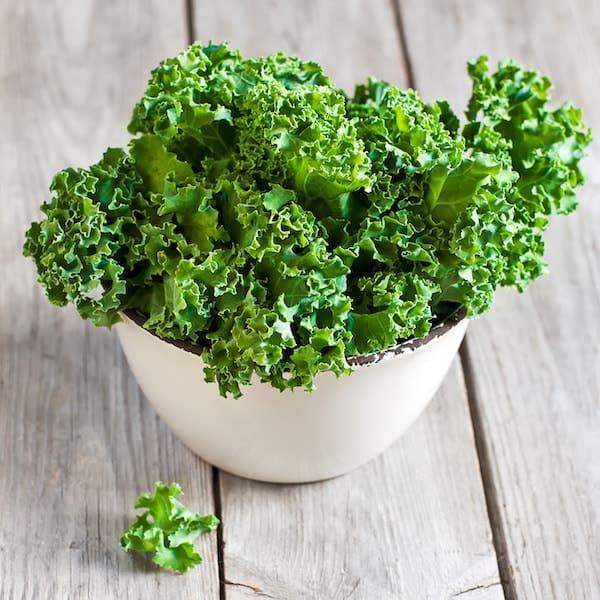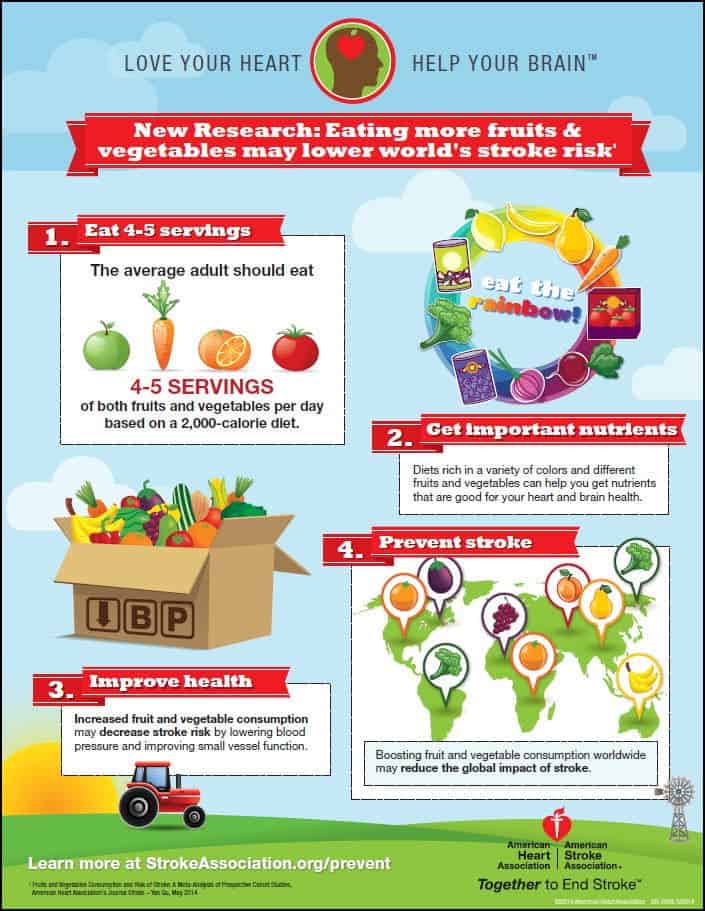Beverage Manufacturers Leaning Towards More Natural Ingredients
With the continuing rise of “better-for-you” products, beverage companies have incorporated healthy ingredients to their new drinks. Today, the latest trend in the industry is functional beverages. Functional beverages are defined as refreshing drinks that come with a multitude of health benefits. To incorporate these benefits into their products, beverage brands have used herbal extracts and natural sugars to amplify the nutritional value of the drinks and improve the natural flavor of the beverage.
Diversity in Natural Beverages
Although the use of natural ingredients is on the rise for many beverage companies, the challenge lies on how companies should reinvent flavors. With many fruits and vegetables in their arsenal, it is quite challenging to find great matches for vegetables like cucumber, beets, and carrots. Traditionally, they have worked with different fruits and spices like berries, apples, mint, and ginger.
In today’s society, where modern consumers are empowered with tons of new information connecting their health to the food they eat, consumers have a high affinity towards a healthy diet and a good quality of life. It is the reason why they are not hesitant to spend extra for nutritious foods and beverages. There are also many people who have shifted their diets to vegan and vegetarian. These people follow a particular diet with many restrictions. In the United States alone, the number of vegans and vegetarians continues to rise.
The healthy drink industry has diversified to meet the demands of many clients. Today, you can find healthy energy drinks that are not laden with caffeine, artificial sugar, and other derivatives. Healthy energy drinks are now made up of natural ingredients that are much cleaner and better fo you than traditional energy drink ingredients. Examples of ingredients that are used in creating healthy energy drinks include tea, guarana, and other natural sweeteners.
 The Effects of Healthy Beverage Development
The Effects of Healthy Beverage Development
So, what is the effect of this shift observed in beverage companies? The use of healthy fruits and vegetables has triggered new impulses regarding drinking such beverages. For instance, beverage companies would never dare to use vegetables in making their drinks. But now, vegetables are the main ingredients in creating healthy drinks and, surprisingly, it provides a harmonious complement with fruits. A fantastic example is a fast growing company called Fruve, with a variety of fruit and vegetable based ingredients, Fruve is developing 15 servings of fruits and vegetables per bottle.
Clean Labeling Trend
As mentioned earlier, the other trend that beverage manufacturers are keen to implementing is clean labeling. Clean labeling encourages companies to become transparent with the ingredients that they use to make their drinks. It emphasizes the customers’ demands to choose products that are made from natural sources. Significant growth is possible in healthy and natural beverage development. It will be interesting to see how the industry players strategize to win this new market share.
Inspired by http://www.foodingredientsfirst.com

 Turmeric is a favorite spice in Asian cuisine. For centuries, it has been used in South Asia as a medicine. Turmeric has a lot of health benefits, and it is known to treat arthritis, acne, heart diseases, and Parkinson’s disease. This particular spice contains high amounts of curcumin—a powerful antioxidant. Curcumin is also a potent anti-inflammatory compound that can relieve different types of inflammation in the body. It can help improve the condition of patients who have diabetes and even cancer.
Turmeric is a favorite spice in Asian cuisine. For centuries, it has been used in South Asia as a medicine. Turmeric has a lot of health benefits, and it is known to treat arthritis, acne, heart diseases, and Parkinson’s disease. This particular spice contains high amounts of curcumin—a powerful antioxidant. Curcumin is also a potent anti-inflammatory compound that can relieve different types of inflammation in the body. It can help improve the condition of patients who have diabetes and even cancer.


